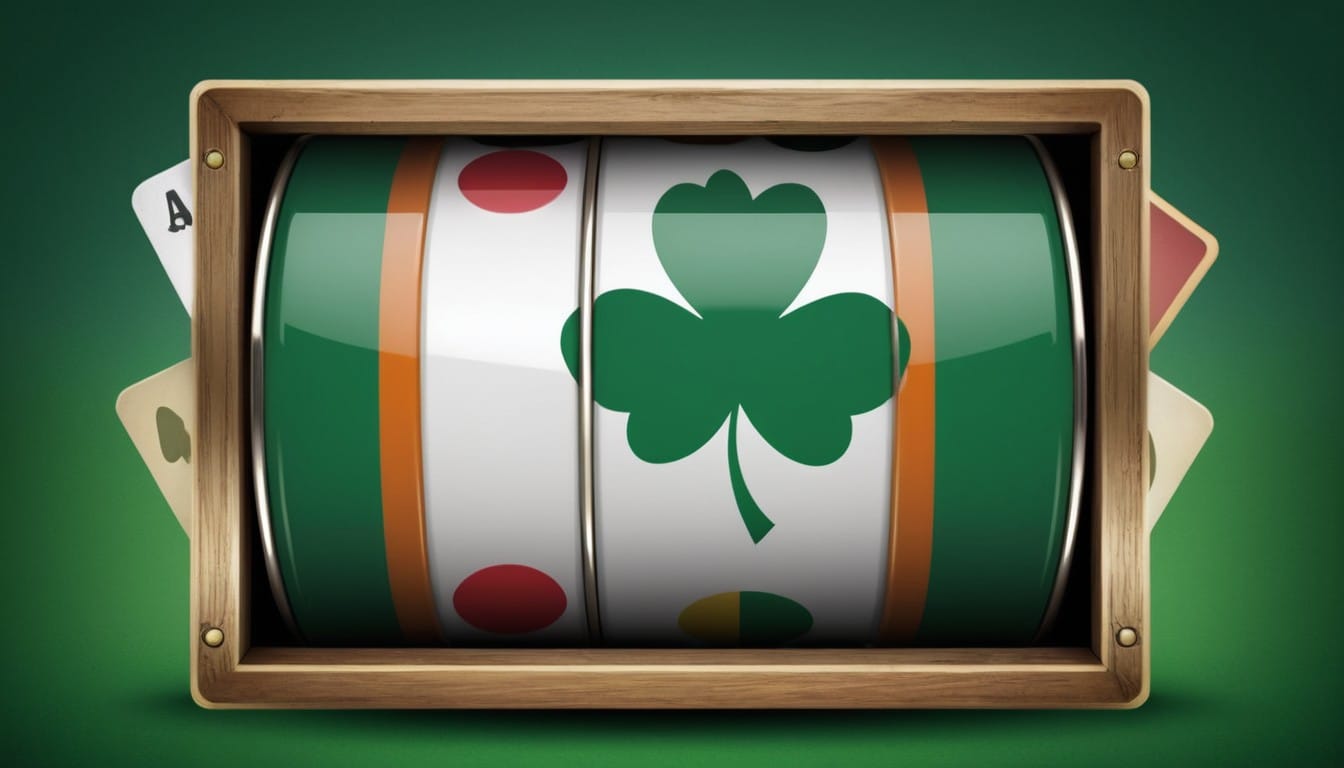Gambling within Ireland has undergone huge development over the past few years. The introduction of online gambling has made betting accessible to many more people compared to traditional brick-and-mortar bookmakers/ casinos. One part of the market that has been central to this increase in online gambling is online casino games and slots. Casino games and slots are some of the most accessible and user-friendly forms of gambling, leading to these becoming some of the quickest-growing markets in the Irish gambling scene. However, with this huge increase in accessibility and widespread use, regulation within the market has been lagging. This article will consider the level of growth in online slots, what the current regulation is within Ireland, and how this is expected to change in the future.

Growth in Ireland
Online slots within Ireland have experienced a huge level of growth over the past few years. The market value of online gambling within the country is roughly valued at $5.3 billion each year. Along with more traditional sports betting, another key reason behind this growth is the huge increase in the use of online slots and casinos by Irish gamers.
This growth is also demonstrated by the number of online gambling accounts within Ireland increasing from 20 million in 2009 to 35 million in 2020 and from viewing sites like Topbettingsites.ie you can see how there are hundreds if not thousands of casinos and bookmakers targeting players in Ireland. Ireland is also unique in how many people use online gambling sites relative to the rest of Europe. Despite only making up 1.1% of the European population, Ireland makes up 2.6% of the online gambling market. Therefore, the increase in online gambling within Ireland has led to the market becoming extremely valuable.
With the Irish online gambling market experiencing such rapid levels of growth, regulation within Ireland has struggled to keep up. The framework of legislation surrounding the regulation of gambling in Ireland is based on the Betting Act of 1931 and the Gaming and Lotteries Act of 1956. While being robust in regulating brick-and-mortar bookmakers and casinos, these pieces of legislation are insufficient to regulate online gambling.
Legislation
However, these pieces of legislation have been slightly updated recently to regulate the market more effectively. In 2013 the Irish government introduced the National Lottery Act to regulate casinos. The legislation restricted Ireland to having 40 casinos, with a maximum of 15 gaming tables and 25 machines at each site. However, this legislation was not effective in regulating online casinos and slots. Further to the National Lottery Act, in 2015 an amendment to the Betting Act of 1931 was passed. This piece of legislation hoped to regulate online casinos in Ireland by making foreign online casinos apply for an Irish license for a cost of €10,000.
Lack of regulation
Despite these acts being passed over the last decade, regulation in Ireland has admittedly fallen behind the rapidly growing industry according to Taoiseach Leo Varadkar. This has led to the recent passing of the Gambling Regulation Bill in 2022 to modernise Irish gambling regulation. This act will introduce an independent regulator into the market which will be in charge of the distribution and management of licenses, the advertisement of gambling websites, and the funding of gambling addiction programmes. Previously the regulation of gambling within Ireland was distributed between multiple different departments including the Department of Justice and Equality, the Irish Tax Authority, and district courts. The introduction of an independent regulator will streamline the regulation process significantly.
The new changes that are coming with the Gambling Regulation Bill will have both advantages and disadvantages for online slots and casinos. The new bill will introduce stricter sanctions for companies found in violation of licensing rules. Those found in violation of Irish licensing laws can be fined up to €20 million, 10% of their company’s value, or a jail sentence of up to 8 years. This is harsher than previous legislation, where there was a maximum penalty of €300,000 or 5 years in prison. Moreover, the advertisement of casinos and online slots will be strictly banned on social media. The advertisement of gambling sites will also be banned between the hours of 5:30 am and 9:00 pm on TV and radio. Therefore, the new changes coming to the market will somewhat impede the advertisement of online casinos.
However, the new regulation is not all bad news for online slots and casinos, with some positive changes also coming to the market. The new bill will introduce the issuing of online remote gambling licenses to companies not strictly based in Ireland. This increased level of clarity and sophistication in the licensing process will likely attract more companies to extend their business to Ireland. Moreover, the independent regulator will also be in charge of raising and managing the Social Impact Fund. This fund will be used to help educate consumers on responsible gambling. This will lead to more responsible gambling within Ireland, which could potentially curb the need for further legislation in the future.


